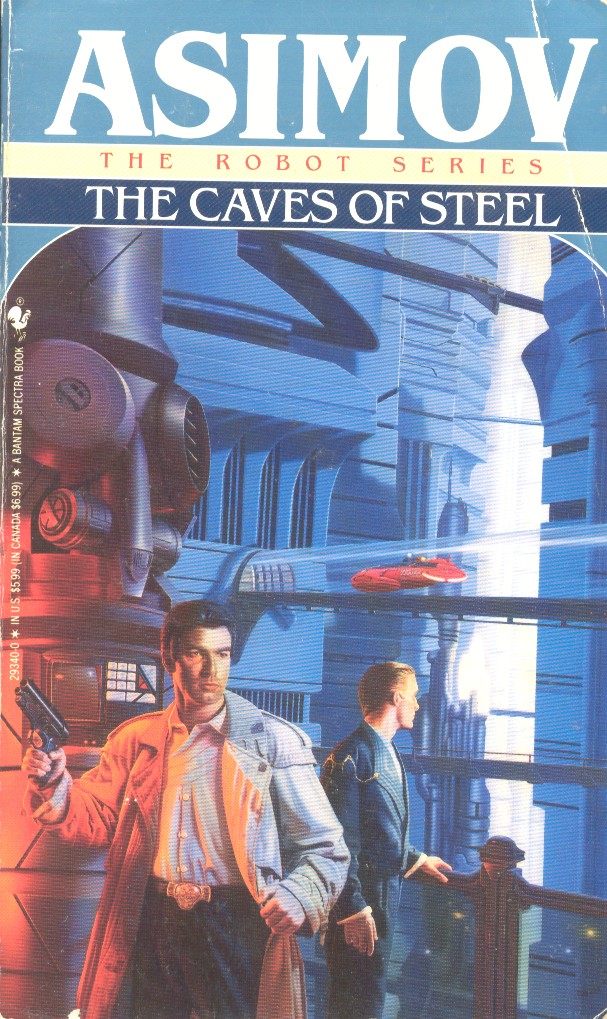Vonnegut's posthumous work
Look at the Birdie is refreshing. I miss Vonnegut. His passing ended a long list of controversial classics.
Look at the Birdie is a collection of short stories, some rougher than others. In the forward by Sidney Offit, he says that there are no unpublished stories by Vonnegut because he is so precise, and I agree. These were not published for a reason, for whatever imperfection Vonnegut felt they still carried. But in his infamy, nothing is safe. His fans, and I am one proudly, hunger for anything in his voice. So here they are and what they say to me:
Confido - human nature is a poison.
FUBAR - heaven is found in your little corner of the world.
Shout It From the Housetops - the truth is unbearable unless you accept it.
Ed Luby's Key Club - an example of how the world treats those who are honest within it.
A Song For Selma - our judgments are easily influenced.
Hall of Mirrors - we build our worlds to destroy ourselves.
The Nice Little People - unconscious desires will always work their way out.
Hello, Red - we can choose our futures.
Little Drops of Water - habits make the man.
The Petrified Ants - we allow our own demise.
The Honor of a Newsboy - our weaknesses will destroy us.
King and Queen of the Universe - life's purpose finds you, not the other way around.
The Good Explainer - our past is forever woven into us.
One of my favorite moments in the whole book: "My conclusion was that the man was crazy, and I was about to drive off when I heard what sounded like a scream from the back of the house. I thought maybe I'd interrupted him while he was murdering his wife, thought he'd gone back to it now." From Shout It From The Housetops, this is uniquely Vonnegut. Grim, witty and unexpected. The pages are wrought from this quirky genius and show us that even when it's imperfect, it's still impactful.
Once or twice I felt as if a short story was a nugget filed away for future use, a seed which would grow into another post-apocalyptic nonsensical revelation about our world; not incomplete but without the room to flourish. I found a few of them were heavy handed in their message; perhaps why Vonnegut shelved them. Two of them were so poetic I had to stop turning pages and grant them a moment of silence. But throughout there is the quirk and charm that Vonnegut has wooed so many with. If you have not peeked into his reality, Look at the Birdie is perfect for a few curious glimpses.
Afterwards, perhaps you will feel as I do upon closing his works: that I "had finally seen a little something of life."






